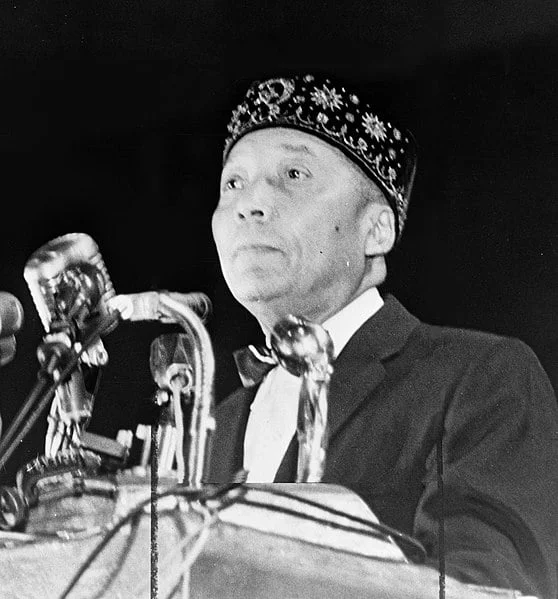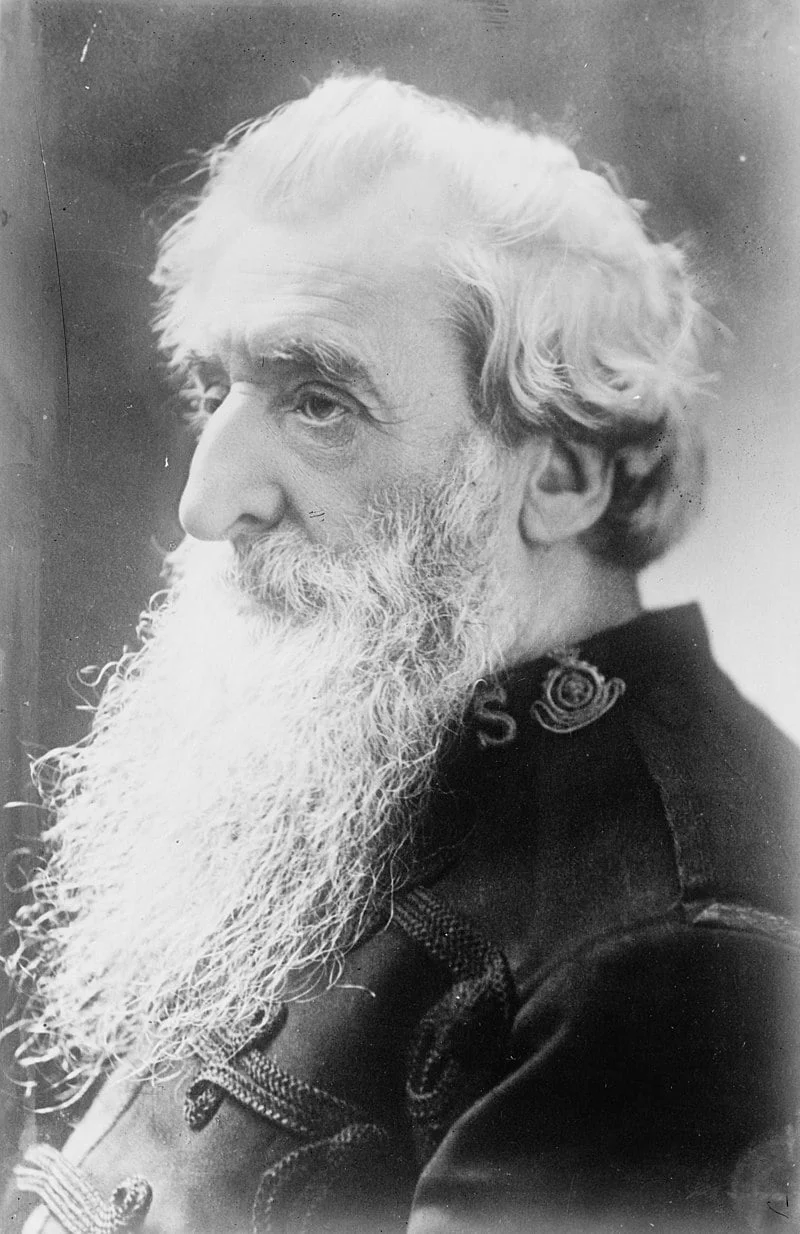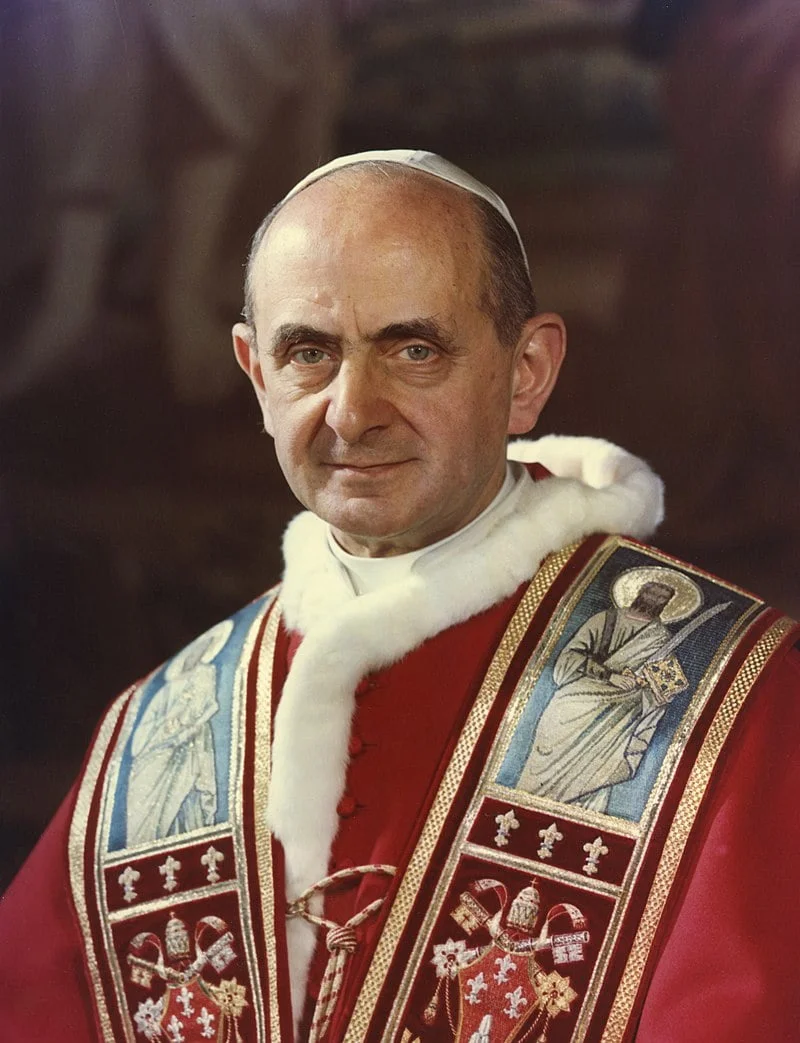Real Celebrities Never Die!
OR
Search For Past Celebrities Whose Birthday You Share

source:wikipedia.org
Elijah Muhammad
Birthday:
07 Oct, 1897
Date of Death:
25 Feb, 1975
Cause of death:
Congestive heart failure
Nationality:
American
Famous As:
Religious leader
Age at the time of death:
77
Elijah Muhammad's Quote's
Early Life and Struggles
Elijah Muhammad, born Elijah Robert Poole on October 7, 1897, in Sandersville, Georgia, was a prominent African-American religious leader and the head of the Nation of Islam (NOI). His early years were shaped by the racial discrimination and economic hardships faced by African Americans in the early 20th century. Raised in poverty, these challenges fueled his later commitment to addressing social injustice. In 1919, Elijah married Clara Evans, and they moved to Detroit as part of the Great Migration, seeking better opportunities in the North.
Association with the Nation of Islam
In the 1930s, Elijah Muhammad became associated with the Nation of Islam under the leadership of Master Fard Muhammad. When Fard disappeared in 1934, Elijah assumed leadership of the organization. He became the spiritual leader and Supreme Minister of the NOI, guiding it to prominence. The organization advocated for self-reliance, economic independence, and the establishment of a separate nation for African Americans.
Teachings of Racial Pride and Self-Sufficiency
Elijah Muhammad’s teachings emphasized racial pride, self-discipline, and economic self-sufficiency within the African-American community. His message resonated with many, especially those who felt marginalized. The Nation of Islam attracted a growing following, including Malcolm X, who became one of its most prominent members. The movement inspired many African Americans to embrace empowerment and take pride in their cultural identity.
Impact on Personal Transformation
Beyond his role as a religious leader, Elijah Muhammad had a profound impact on the personal transformation of many within the Nation of Islam. He promoted clean living, discipline, and education, encouraging his followers to pursue these values. Under his guidance, the NOI established schools and businesses, which further empowered its members and reinforced a message of self-sufficiency.
Strained Relationship with Malcolm X
Elijah Muhammad’s relationship with Malcolm X, one of the most influential figures within the Nation of Islam, eventually became strained. Malcolm X’s growing disillusionment with Elijah’s leadership, along with personal controversies, led to his departure from the organization in 1964. This marked a pivotal moment in the history of the Nation of Islam, as it highlighted internal conflicts that would have lasting effects.
Leadership and Legacy of the Nation of Islam
Under Elijah Muhammad’s leadership, the Nation of Islam emerged as a powerful force in the American religious and political landscape. The organization expanded its influence, and its message reached a wide audience. Elijah Muhammad’s ability to inspire change within the African-American community left a lasting legacy. His leadership impacted the civil rights movement and influenced future generations of African-American leaders.
Legal Challenges and Continuing Leadership
Despite facing legal challenges, including imprisonment for draft evasion during World War II, Elijah Muhammad continued to lead the Nation of Islam. His leadership remained strong until his death on February 25, 1975. After his passing, his son, Warith Deen Mohammed, assumed leadership of the NOI, guiding it toward a more orthodox form of Islam. This transition marked a new chapter for the organization.
Conclusion: A Legacy of Empowerment and Independence
Elijah Muhammad’s life journey reflects the broader struggle for justice, empowerment, and independence within the African-American community. From his humble beginnings to becoming a pivotal figure in the Nation of Islam, his legacy endures through the lasting impact he had on individuals and the social and political landscape of the United States. His influence continues to inspire those who seek to uplift marginalized communities and promote self-reliance.
Name:
Elijah Muhammad
Popular Name:
Elijah Muhammad
Gender:
Male
Cause of Death:
Congestive heart failure
Spouse:
Place of Birth:
Sandersville, Georgia, U.S.A
Place of Death:
Chicago, Illinois, U.S.A
Occupation / Profession:
Elijah Muhammad's association with the Nation of Islam began when he met Wallace Fard Muhammad, the founder of the movement, in Detroit.
Nation of Islam became a notable force in advocating for the rights and empowerment of African Americans.
Under Elijah Muhammad's leadership, the Nation of Islam established businesses, including restaurants, grocery stores, and farms, aimed at promoting economic self-sufficiency within the African-American community.
Establishment of Nation of Islam


